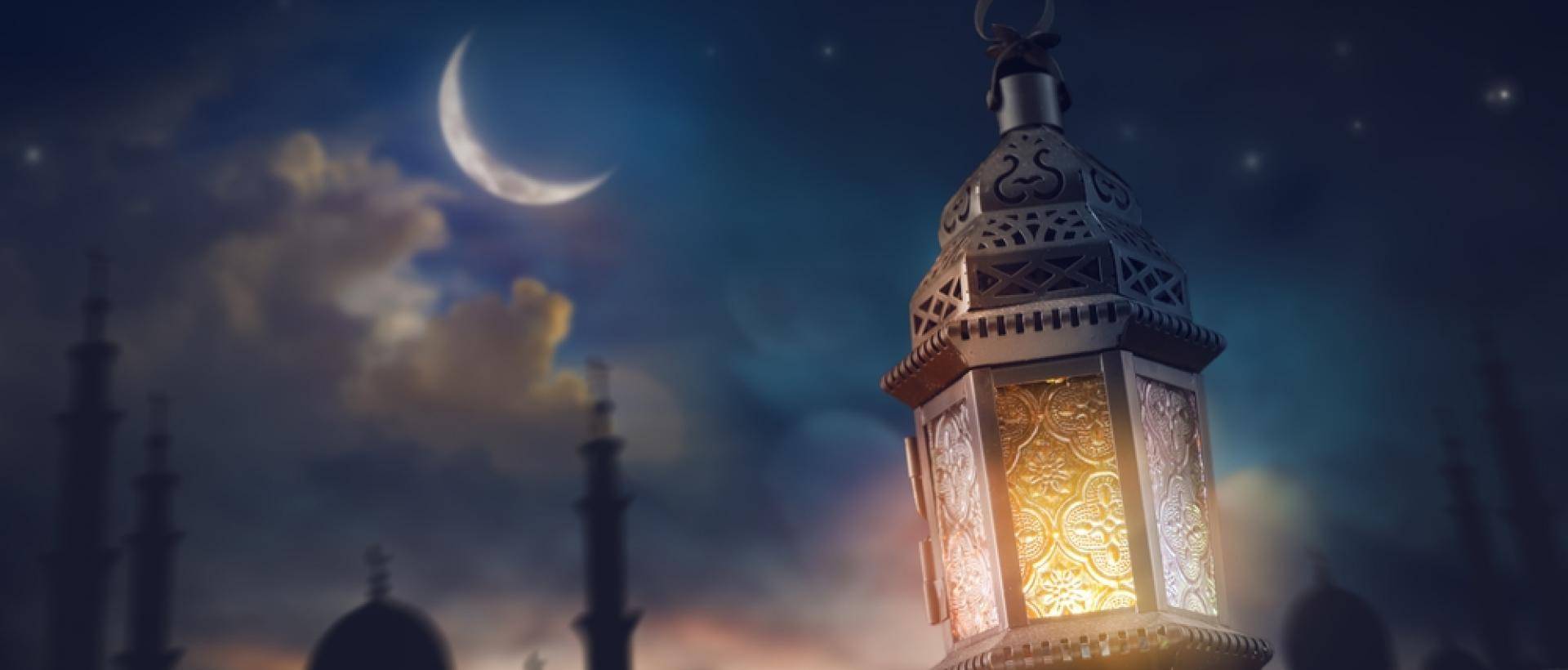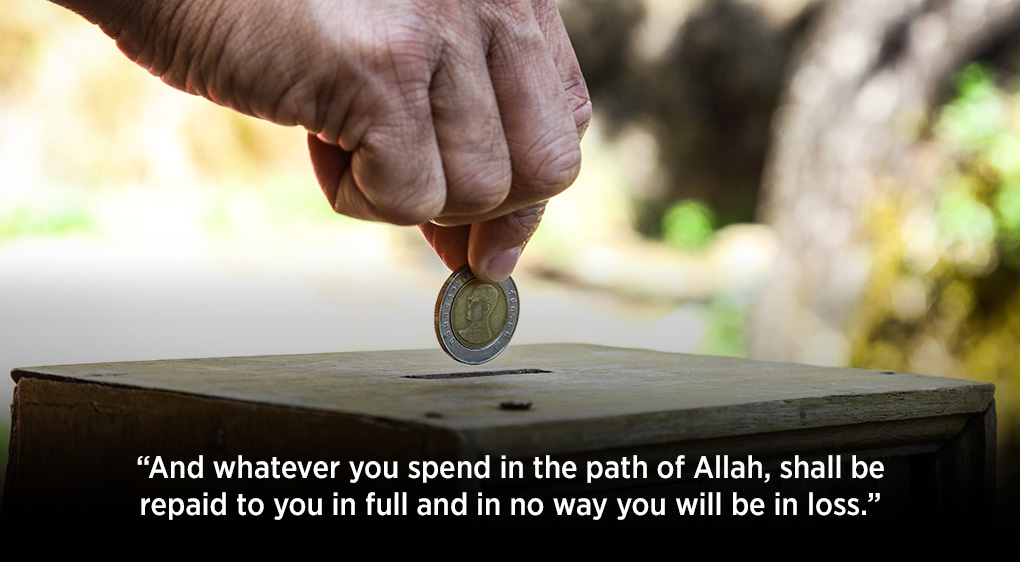
Posted: Feb 02 2023
SHAB-E-BARAT
During the month of Sha’ban, Allah (SWT) descends to the lowest heaven for one night and grants His believers generous mercy for their sins, freeing them from the hellfire and answering their prayers. It is an incredibly holy night in which Muslims may repent for their wrongdoings, but given that it falls during ‘the forgotten month’ preceding Ramadan, this divine night is sometimes overshadowed.
There is so much to be gained on Shab e-Barat. To deepen your understanding and highlight the righteousness of this sublime time, keep reading as we explain everything you need to know about Shab e-Barat.
What is Shab e-Barat?
Shab e-Barat is the night during which the Creator descends from the highest to the lowest heaven so that He may hear His followers’ prayers and grant them mercy for their sins. Due to this, it is also known as the Night of Forgiveness, the Night of Freedom, and the Night of Atonement.
During this time, Allah (SWT) is bountiful in His mercy, relinquishing the sins of those who pray to Him and beg for His forgiveness. It’s believed that Muslims who have been destined to go to Hell may be freed from this circumstance by performing remorseful Shab e-Barat prayers in which they ask Allah (SWT) for His mercy. On this night more than any other, He is more likely to exert great clemency.
“When it is the night of the middle of Sha’ban, spend its night in prayer and observe a fast on that day. For Allah descends at sunset on that night to the lowest heaven and says: ‘Is there no one who will ask Me for forgiveness, that I may forgive him? Is there no one who will ask Me for provision so that I may provide for him? Is there no one who is afflicted by trouble, that I may relieve him?’ And so on, until dawn comes.’” [Ibn Majah]
It is not just the living who may be granted mercy on Shab e-Barat, for Allah (SWT) also pardons those who have passed. On Shab e-Barat, every Muslim, be they on Earth or not, has the opportunity for their repentance to be accepted by Allah (SWT). This is why many Muslims commemorate the deceased on Shab e-Barat, making a conscious effort to pay their respects to and pay tribute to those who have died over the course of the past year.
Muslims believe that on the holy night of Shab e-Barat, Allah (SWT) decides the fortunes of every creature on Earth for the next year. Those who repent and pray on this night may receive good blessings in the coming year.
When is Shab e-Barat?
Shab e-Barat falls on either the 14th or 15th night of the eighth month of the year called Shaban. In 2022, it’s expected that the Shab e-Barat date will be on the 17th or 18th March, though this is subject to the sighting of the moon. Traditionally, the night has a full moon, but the exact date will be dictated by when the new moon signifying the start of Shaban is spotted.
Observing Shab e-Barat
There are several ways Shab e-Barat in Islam is observed, with customs varying from country to country. It is mostly observed by Muslims in Asia, though some Muslim communities in the Middle East and further afield also take part.
Traditionally, homes are decorated with lots of candles, and fireworks are also sometimes set off. The main way this revered night is commemorated is by Muslims visiting the graves of those who have passed and praying for their souls and atonement in the hereafter.
According to the Shab e-Barat hadith, the Prophet Muhammad (PBUH) attended the Al-Baqi’ cemetery in Medina on Shab e-Barat. Whilst there, he prayed for the souls of all the Muslims who were laid to rest there, and it is for this reason that Muslims attend the gravesides of their loved ones and pray for their forgiveness and peace upon their souls on this night.
Another way this auspicious night is commemorated is through increased Shab e-Barat dua, during which Muslims ask Allah (SWT) to grant their wishes and forgive them for any wrongdoings they have made over the course of the last year. Many Muslims stay up for as long as possible during the night to pray and recite the Qur’an in the hope that Allah (SWT) hears their prayers. Many Muslims also attend the mosque to pray for forgiveness and for the peace of their deceased loved ones.
Neighbours, friends, and families often exchange sweets, and food is given out to poor people as a good deed.
Sha’ban is a month during which fasting is recommended in order to prepare for Ramadan and get closer to Allah (SWT). Shab e-Barat is the perfect time to cleanse your mind, body, and soul through fasting, and paired with the increased spirituality of this night, fasting on this day is good for bolstering your focus on getting mercy from the Almighty.
If you cannot fast at this time, you can do so on Mondays, Thursdays, or Fridays, or any of the ‘white days’ which fall on the 13th, 14th, and 15th of the month.
Shab e-Barat Mubarak!
From everyone at Orphans in Need, we wish you a blessed Shab e-Barat and hope that Allah (SWT) bestows good fortune on you for the year ahead.







